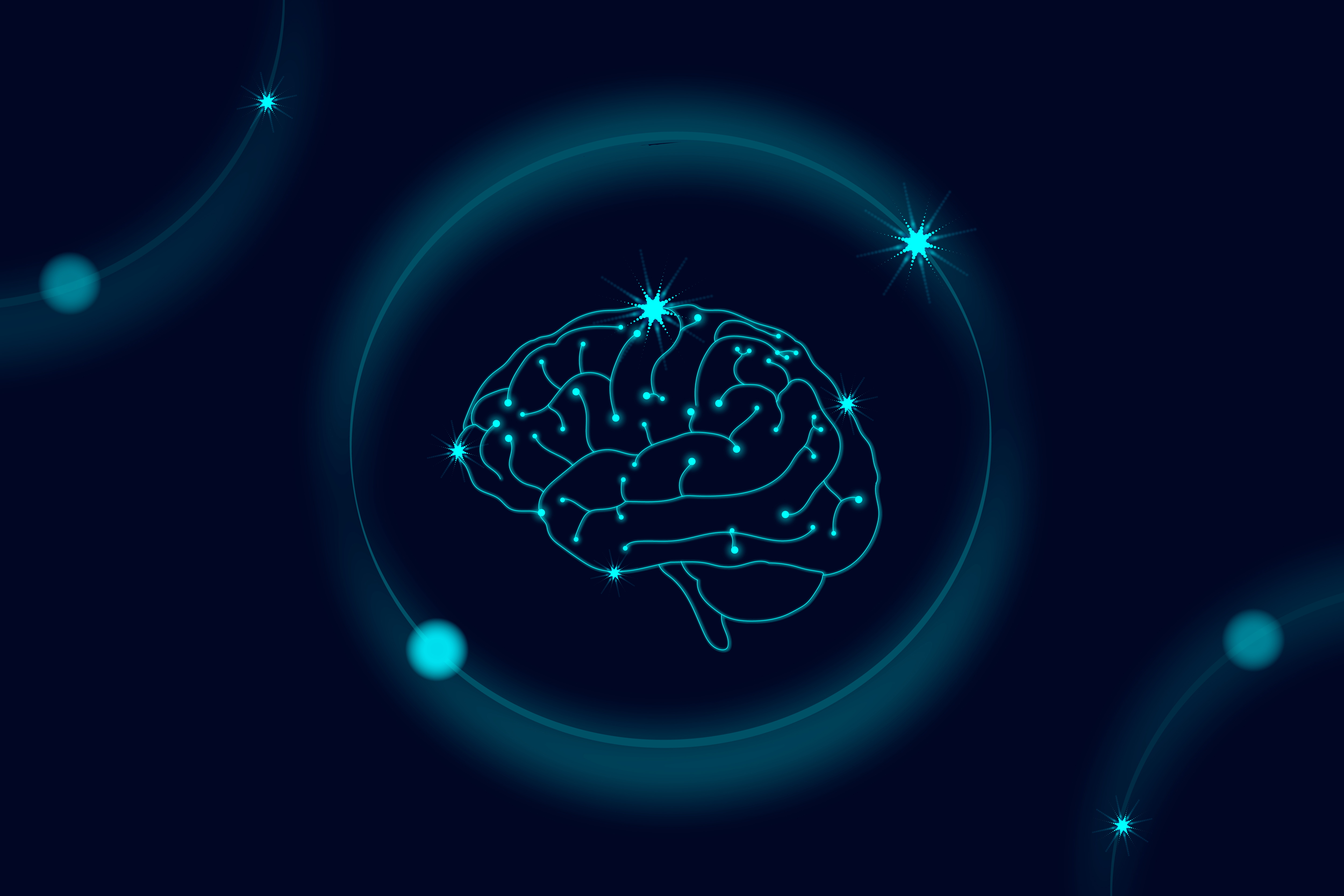When Your Mind is Bluffing: Cognitive Distortions
Have you ever felt as though your mind is playing tricks on you? What about a personal recount of an event that others involved do not see? All of us misinterpret or make assertions about experiences and circumstances that aren’t necessarily factual. When they occur on a regular basis and have a negative effect on our feelings and behavior, they need to be addressed. These types of thoughts are called cognitive distortions (or cognitive bias) and are often difficult to counteract or treat.
Cognitive distortions were first discerned around 1963 by influential psychologist Dr. Aaron Beck. During his early research on depression, Beck noted the first several examples of common distorted thinking patterns. Through the development of cognitive behavioral therapy, which is a treatment for mental health problems that empowers people to take control of their mind’s journey, Beck and his team declared that it is possible to work these ways of thinking out of one’s brain.
While all cognitive distortions are, at their core, unhelpful or negative thoughts that are characteristics of depression or anxiety, it is important to recognize the different types. This means that the different characteristics of each category of distortion should be treated with a varying technique, depending on how the thinking is demonstrated in a person. Most kinds of cognitive distortions were identified by Beck’s team, and today, there are known to be at least 10 different categories of biased thinking. For example, one type of cognitive distortion is known as polarized or “all-or-nothing” thinking. If you find that your mind goes to extremes on a fairly regular basis, you quite possibly engage in polarized thinking. Being that your thoughts are typically created subconsciously and live on two opposite ends of reality, it is important to understand these differentiating patterns.
It has been said that stress and life adversity are the primary causes of distorted thinking. In developing cognitive behavioral therapy to treat unhealthy thought patterns, Dr. Beck demonstrated that once identified, distortion can be tested and altered using cognitive restructuring techniques. Generally, if the problematic cause or root of the distortion is recognized and understood, it is possible to change it.
Cognitive distortions were first discerned around 1963 by influential psychologist Dr. Aaron Beck. During his early research on depression, Beck noted the first several examples of common distorted thinking patterns. Through the development of cognitive behavioral therapy, which is a treatment for mental health problems that empowers people to take control of their mind’s journey, Beck and his team declared that it is possible to work these ways of thinking out of one’s brain.
While all cognitive distortions are, at their core, unhelpful or negative thoughts that are characteristics of depression or anxiety, it is important to recognize the different types. This means that the different characteristics of each category of distortion should be treated with a varying technique, depending on how the thinking is demonstrated in a person. Most kinds of cognitive distortions were identified by Beck’s team, and today, there are known to be at least 10 different categories of biased thinking. For example, one type of cognitive distortion is known as polarized or “all-or-nothing” thinking. If you find that your mind goes to extremes on a fairly regular basis, you quite possibly engage in polarized thinking. Being that your thoughts are typically created subconsciously and live on two opposite ends of reality, it is important to understand these differentiating patterns.
It has been said that stress and life adversity are the primary causes of distorted thinking. In developing cognitive behavioral therapy to treat unhealthy thought patterns, Dr. Beck demonstrated that once identified, distortion can be tested and altered using cognitive restructuring techniques. Generally, if the problematic cause or root of the distortion is recognized and understood, it is possible to change it.









